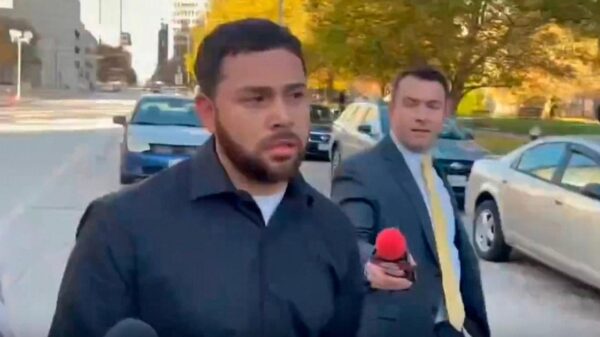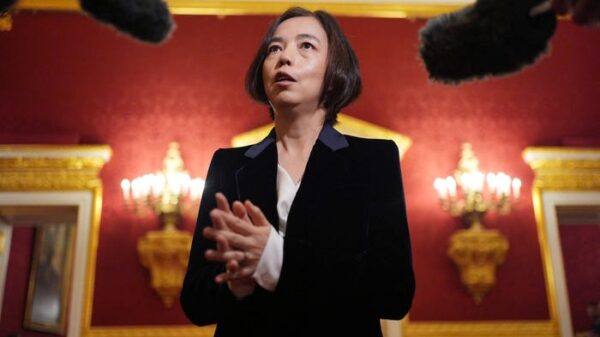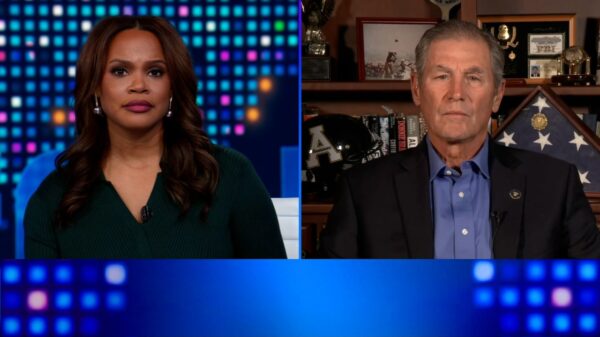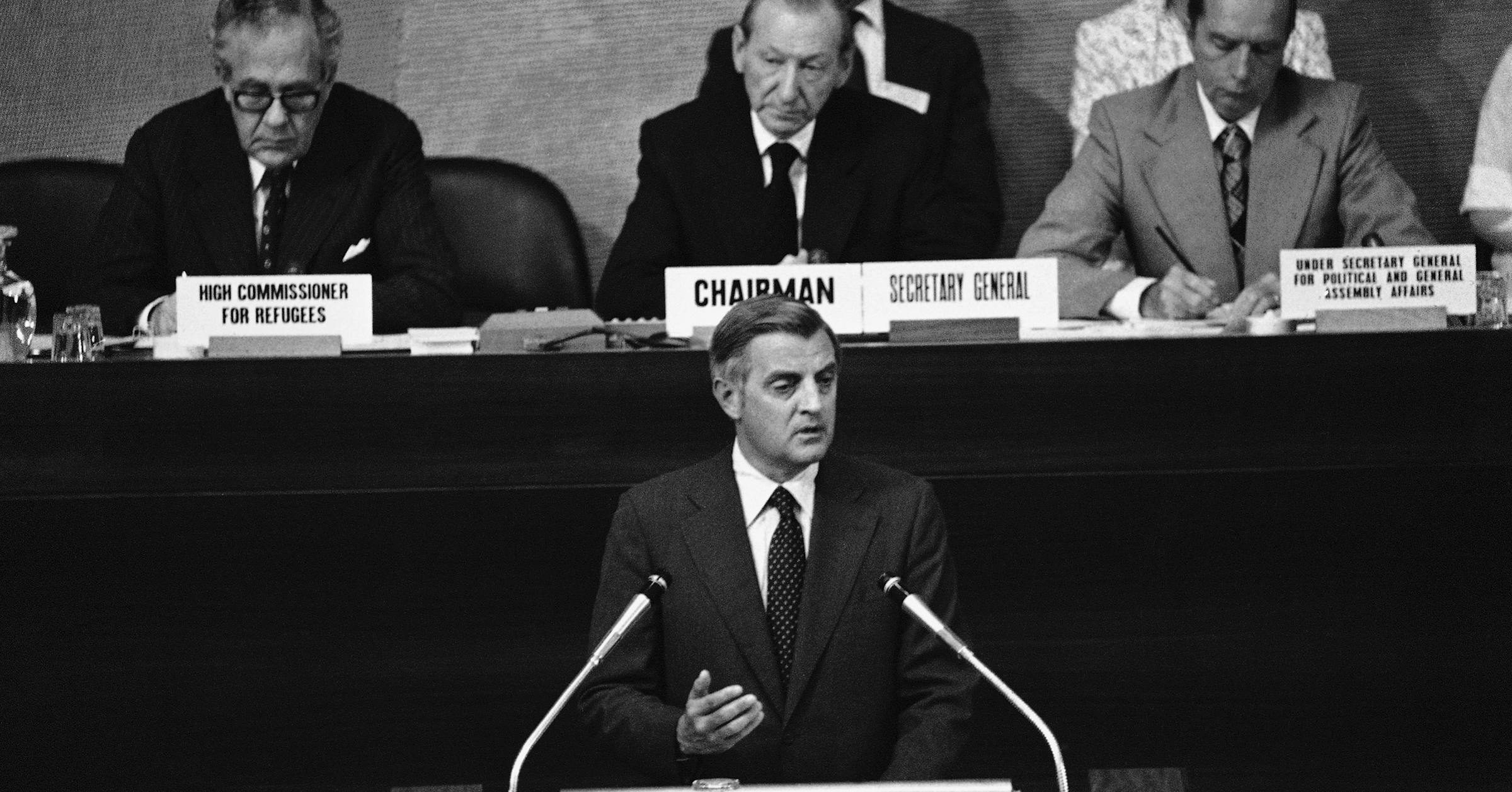On July 21, 1979, Walter Mondale, then Vice President of the United States, delivered a powerful speech at the United Nations, urging nations to address the growing refugee crisis as families fled violence in Vietnam and Cambodia. He implored the international community to take decisive action: “Let us do something meaningful — something profound — to stem this misery. We face a world problem. Let us fashion a world solution.” His passionate appeal received a standing ovation in Geneva and helped catalyze the bipartisan Refugee Act of 1980, which established hope and a structured path for those seeking refuge in the United States.
Over four decades later, Minnesota is called to reflect on Mondale’s legacy as the world grapples with its largest displacement crisis since World War II, with more than 123 million individuals forced to flee their homes. In this context, Minnesota’s long-standing values of fairness and compassion can once again position the state as a leader in refugee support.
Current Challenges in Refugee Resettlement
In my role at the Center for Victims of Torture, I engage with many refugees and asylum-seekers, including torture survivors working to rebuild their lives in Minnesota. A recurring sentiment among the community is: “I’m not against immigration, I just think people should come legally.” While this perspective seems reasonable at first glance, it is rooted in a misunderstanding of the current realities facing today’s refugees.
Many envision a clear and accessible path to legal immigration, reminiscent of historical processes where European immigrants arrived at Ellis Island and applied for citizenship. Unfortunately, such mechanisms have largely vanished. Recent federal policies have severely restricted the few legal pathways available, including access to asylum and the U.S. Refugee Resettlement Program. For instance, in January 2020, the refugee program was effectively shut down, leaving 12,000 vetted individuals, who had travel arrangements, stranded in refugee camps without a viable option for resettlement.
Furthermore, U.S. aid to vulnerable populations overseas has been significantly cut, and barriers to asylum access at the border have increased, resulting in the removal of individuals who contribute to the social fabric of our communities. My organization was forced to close 75% of its overseas healing centers due to these funding cuts, illustrating the far-reaching consequences of these policies.
Restoring Minnesota’s Legacy of Welcome
The current situation is not merely about managing immigration; it signifies a fundamental dismantling of the refugee access system and a departure from core values that define Minnesota. The prevailing notion that prioritizing American interests necessitates sidelining others contradicts the state’s historical commitment to welcoming those in need. Minnesota has a proud tradition of embracing refugees, including Vietnamese, Hmong, Somali, Karen, Afghan, Ukrainian, and Congolese families, who have enriched our communities and economy.
As we remember Mondale’s impactful address, there is a pressing need to advocate for the restoration of the refugee resettlement and asylum systems. It is imperative to support local organizations that provide essential services such as legal aid, housing, trauma counseling, and resettlement assistance to newcomers. Moreover, fostering welcoming communities in everyday settings—be it grocery stores, schools, or places of worship—can create a supportive environment for refugees.
To galvanize community action, I encourage Minnesotans to revisit Mondale’s inspiring message and consider participating in the #WeWillWelcome pledge, which calls for individuals to commit to small acts of welcome in their communities. As the federal government turns its back on displaced people, it is crucial for individuals to step forward and embody the empathy and courage exemplified by Mondale.
“History will not forgive us if we fail. History will not forget us if we succeed.”
This is a pivotal moment where individuals can again make a significant impact. By embracing small acts of kindness and showing solidarity with refugees, Minnesota can revive its legacy as a beacon of hope and support for those seeking refuge.
Alison Beckman serves as the senior clinician for external relations at the Center for Victims of Torture and is the Minnesota state lead with the Refugee Advocacy Lab, working closely with refugees and asylum-seekers in the state.





































































